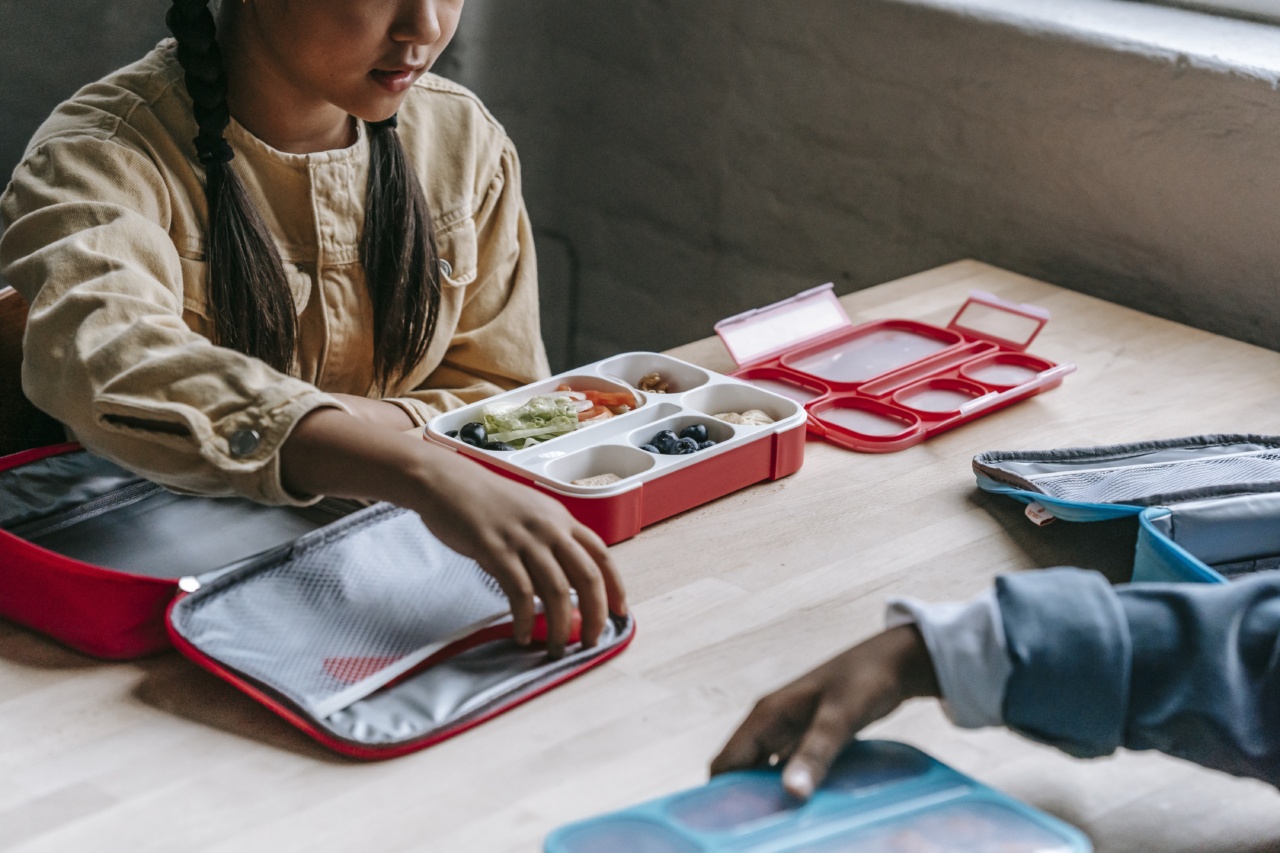As a parent, you want to ensure that your child is safe and healthy at all times, especially while they are at school. For children with food allergies, this can be a challenge, as they may be exposed to allergens present in the food served at school.
Here are some ways to keep your child safe from food allergens while they are at school.
1. Make the School Aware of Your Child’s Allergies
The first step in keeping your child safe is to make sure that the school is aware of your child’s allergies. Discuss your child’s allergies with the school staff, including the teachers, nurse, and cafeteria staff.
Provide written documentation of your child’s allergies, including a list of foods and ingredients they should avoid.
2. Develop an Allergy Management Plan
Work with the school staff and your child’s healthcare provider to develop an allergy management plan.
This plan should outline the steps that will be taken to prevent exposure to allergens, as well as the actions that will be taken in case of an allergic reaction.
3. Pack Safe and Nutritious Meals for Your Child
One of the best ways to ensure that your child is not exposed to allergens is to pack their meals yourself. This will give you complete control over the ingredients used in your child’s meals.
Pack safe and nutritious meals that your child will enjoy eating.
4. Teach Your Child to Read Labels
Teach your child to read food labels and ingredient lists so that they can identify potential allergens. This will empower your child to take responsibility for their own safety and avoid exposure to allergens.
5. Educate Your Child’s Classmates and Teachers
Educate your child’s classmates and teachers about food allergies and the importance of avoiding allergens. Explain how food allergies can be life-threatening and what steps can be taken to prevent exposure to allergens.
6. Encourage Your Child to Wash Their Hands
Encourage your child to wash their hands frequently, particularly before eating. This will help to prevent cross-contamination and reduce the risk of exposure to allergens.
7. Provide Medications and Emergency Supplies
Provide the school with any medications or emergency supplies that your child may need in case of an allergic reaction. These may include epinephrine auto-injectors, antihistamines, and asthma inhalers.
8. Stay Involved and Informed
Stay involved and informed about your child’s school activities. Attend parent-teacher conferences and school events, and ask questions about the food served at school.
Stay up-to-date on the school’s policies and procedures regarding food allergies.
9. Consider a 504 Plan
If your child’s allergies are severe, you may want to consider a 504 plan. This is a legal document that outlines a plan for accommodating your child’s needs in school.
A 504 plan can help to ensure that your child’s needs are met and that they are safe from exposure to allergens.
10. Be Prepared for Emergencies
Despite the best precautions, emergencies can still happen. Make sure that you and the school staff are prepared to act quickly and appropriately in case of an allergic reaction.





























